Sorry, this entry is only available in Deutsch.
Ein Film von Andrea Arnold.
[indiekino Club]
Der Klassiker Wuthering Heights – Sturmhöhe, einziger Roman der jungen Emily Brontë, wurde schon oft verfilmt, hier aber erstmals von einer Regisseurin. Es war ein die Erfüllung eines Traumes der Britin Andrea Arnold, bisher bekannt für zeitgenössische Regiearbeiten. Sie behandelt nur die erste Hälfte des Buches, und schaffte ein radikales Werk, das beim Filmfest Venedig verstörte und begeisterte. Nicht, dass die Rolle des aufgenommenen Sohnes Heathcliff mutig und nicht inkonsequent von einem schwarzen Schauspieler interpretiert wird, sondern die extreme Reduzierung des Stoffes auf die Kraft der Elemente, die Sinnlichkeit der Darstellung, die Entkleidung von jeder Romantik ohne Verleugnung des Emotionalen machen den Film zu einer besonderen Erfahrung. Die Geschichte der aussichtslosen Liebe zwischen dem fremden Jungen und Cathy, Tochter des Hauses, ist geprägt von Standesdünkel und Verzweifelung, Macht und Ohnmacht und korrespondiert mit der rauhen und auch unwirtlichen, aber reizvollen Umgebung der Yorkshire Dales. Die Regisseurin drang dabei vor zum Kern des Romans, der bei seiner Veröffentlichung 1847 in die viktorianische Epoche einschlug wie ein Blitz.
„Arnolds Interpretation erlangt ihren Zauber durch eine Achtsamkeit für die einzelnen Ingredienzien … . Dieses erreicht sie – obschon das paradox erscheint – gerade durch einen prononcierten Realismus der Darstellung, der fern jeder Verklärung ist. Dazu gehört auch ein feines Gehör für die vielfältigen Naturgeräusche sowie der Verzicht auf solche Musik, die nicht zur Handlung gehört, wie etwa einfache Lieder, die Cathy singt. Erst zum Abspann ertönt der wehmütige Song «The Enemy» der Band Mumford & Sons.“ Susanne Ostwald, NZZ
GB 2011, 128 Min., engl. OmU
Regie: Andrea Arnold
mit Kaya Scodelario, Nichola Burley, Steve Evets, James Howson, Shannon Beer, Solomon Glave

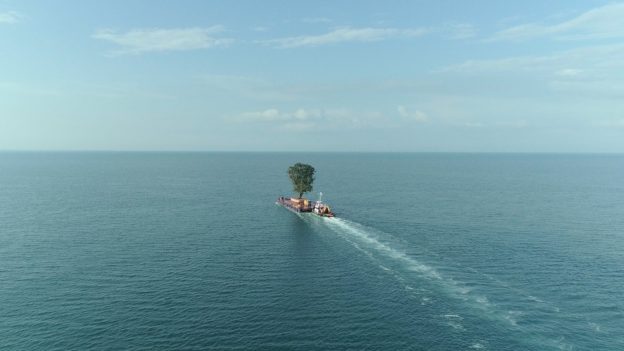
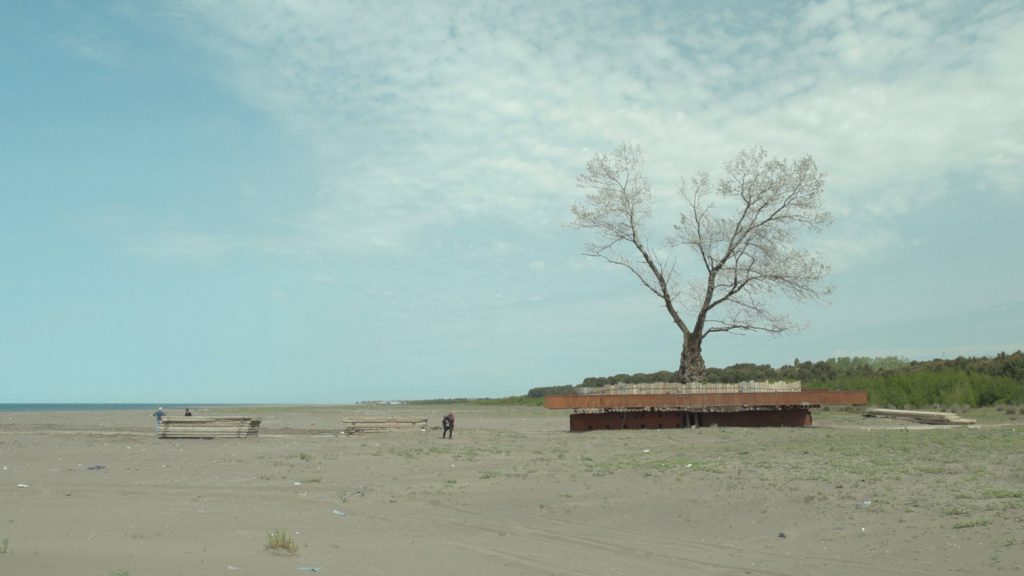
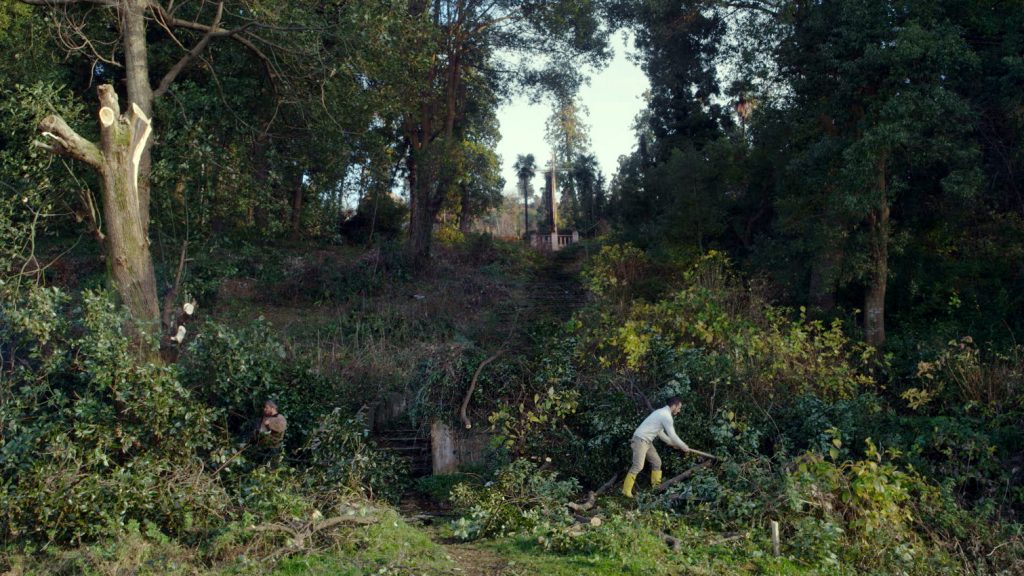
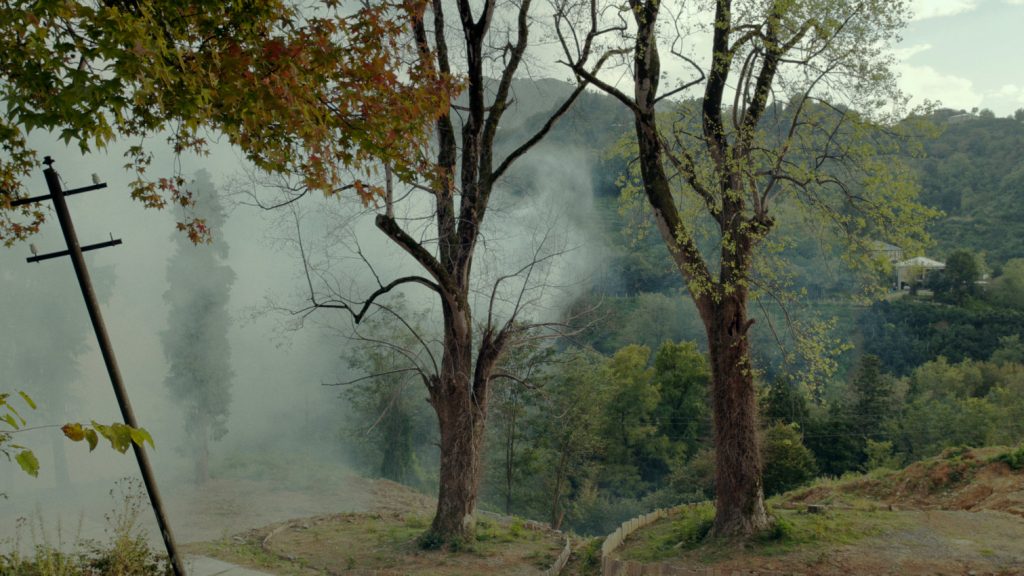
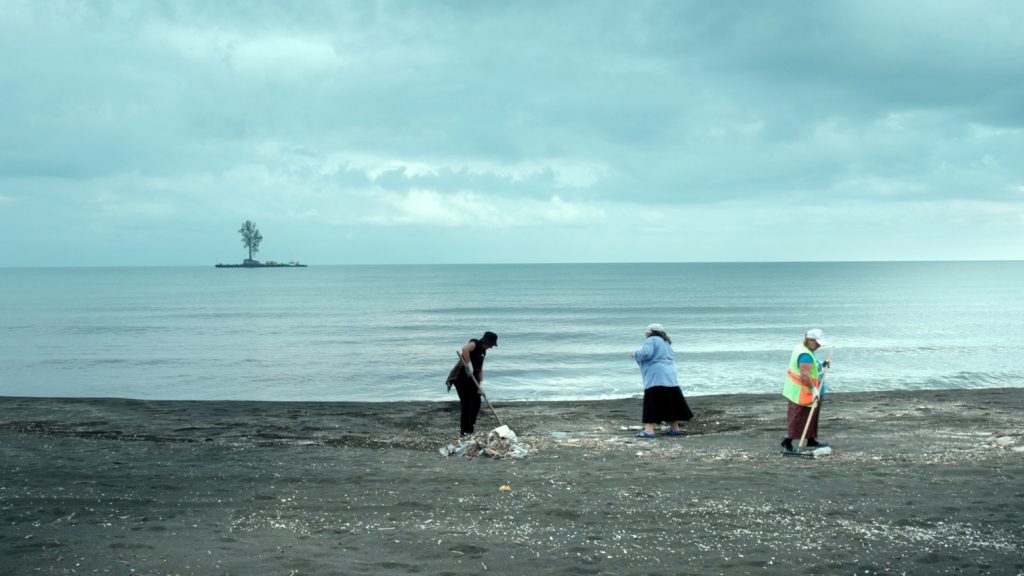
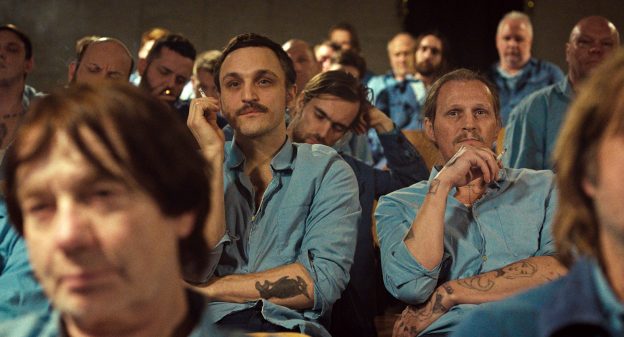
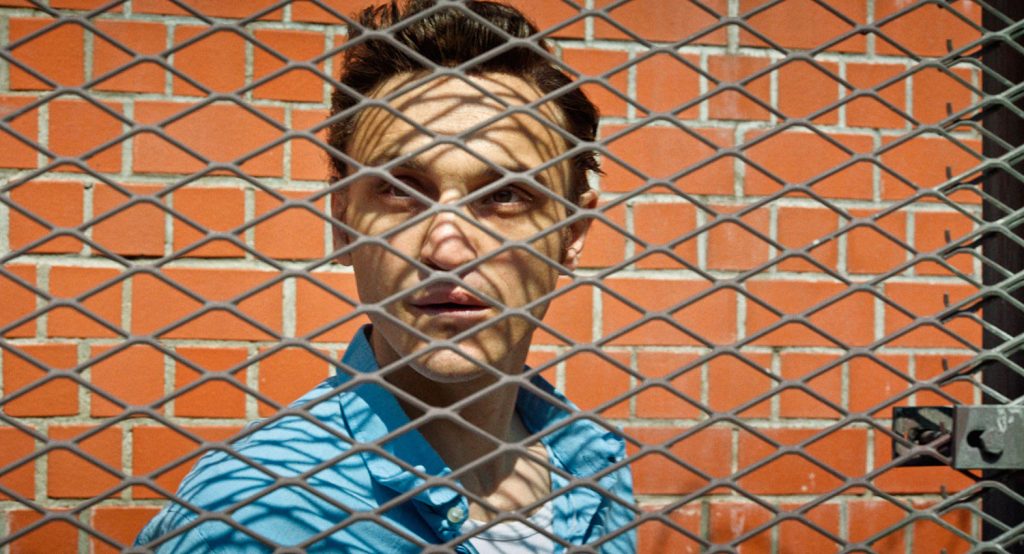
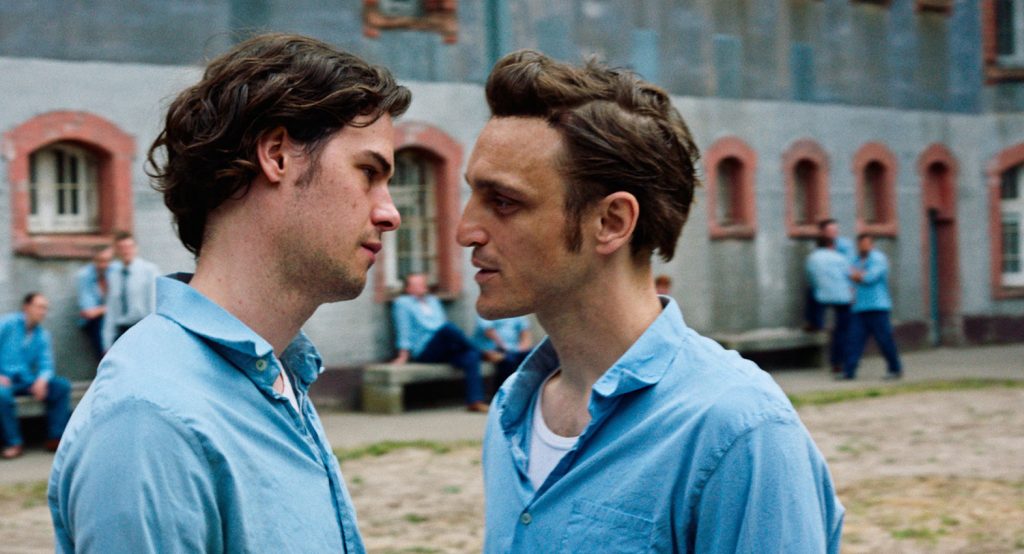
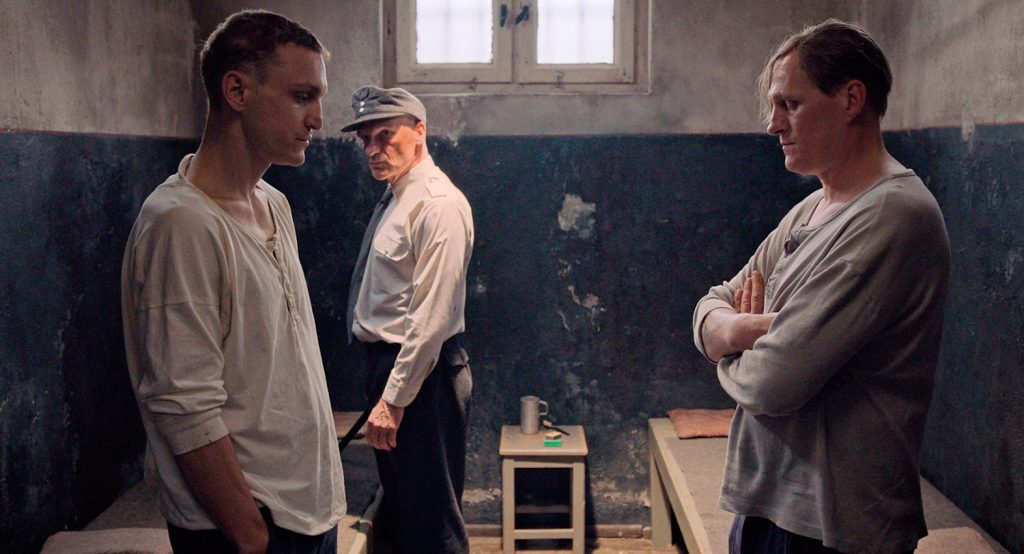
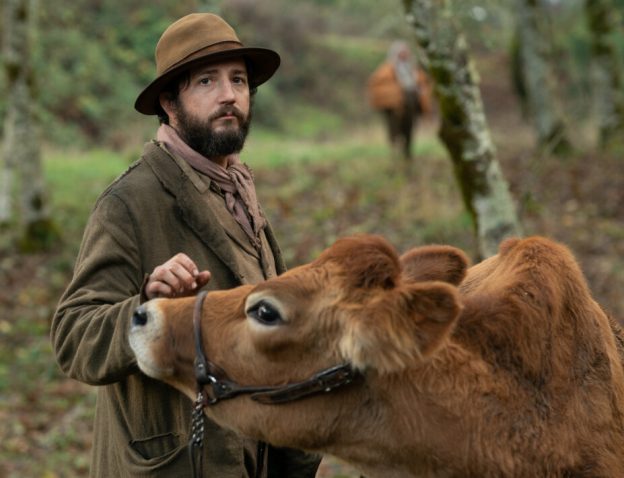
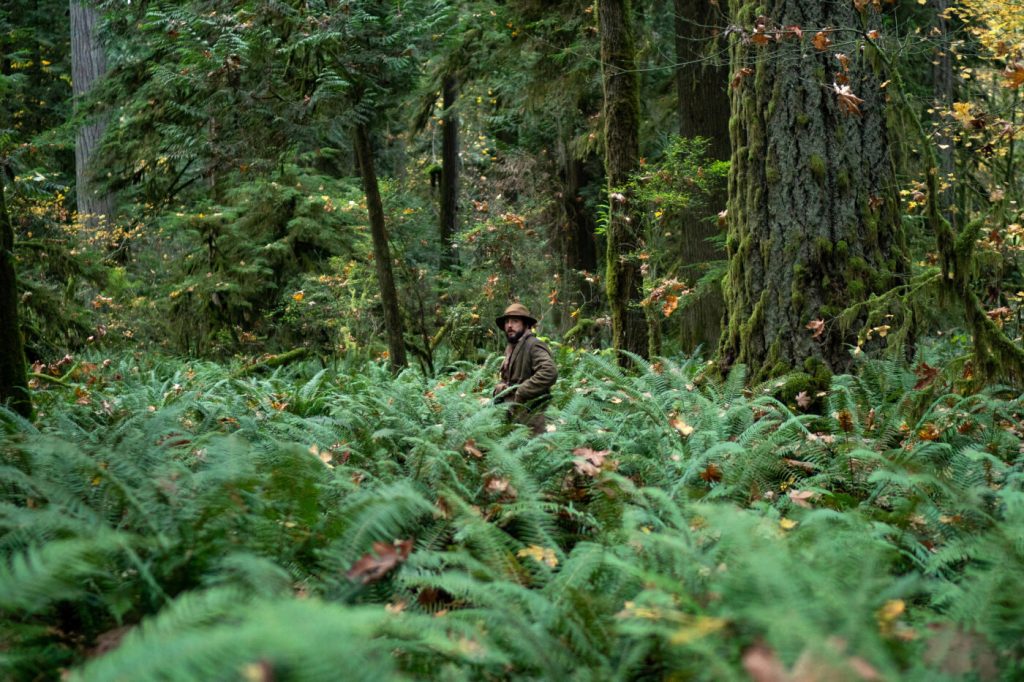
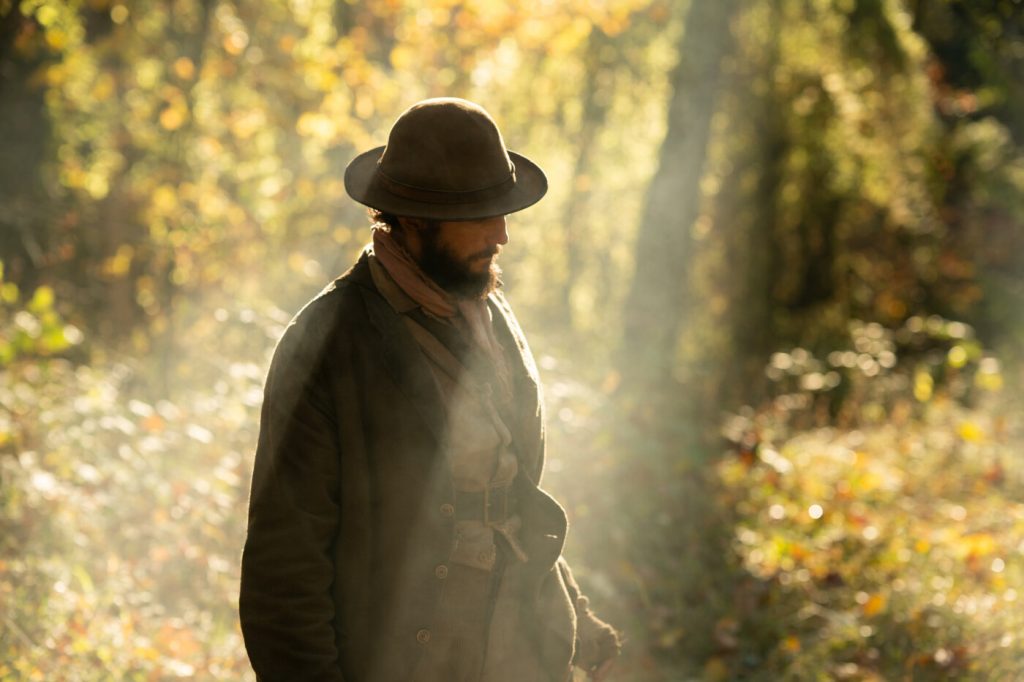
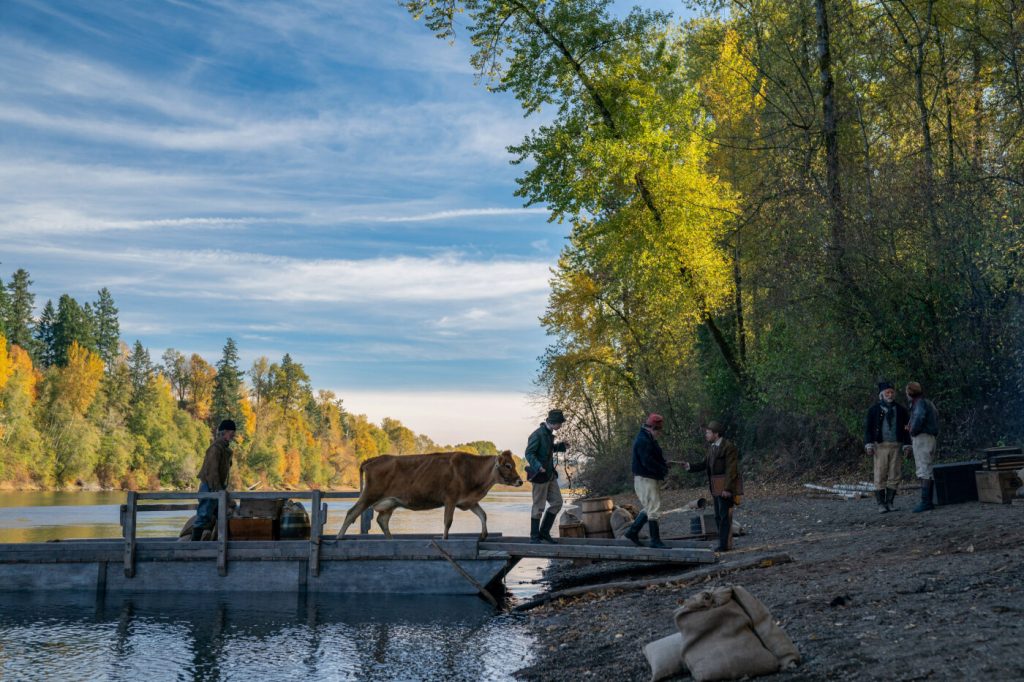
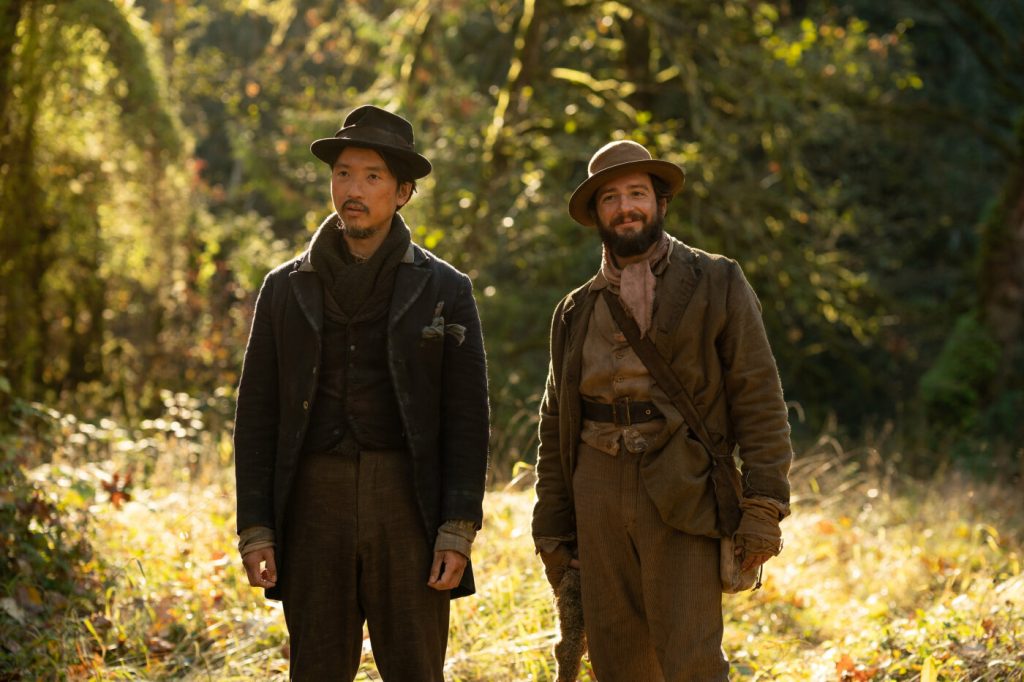
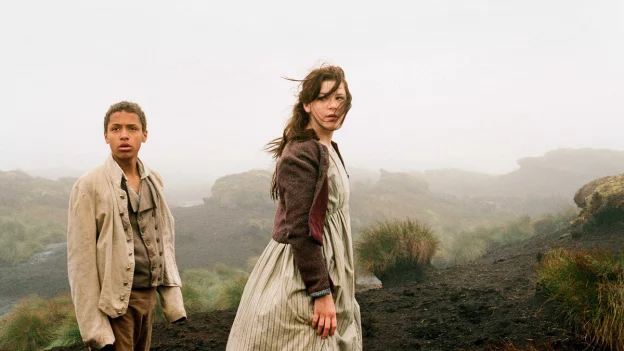
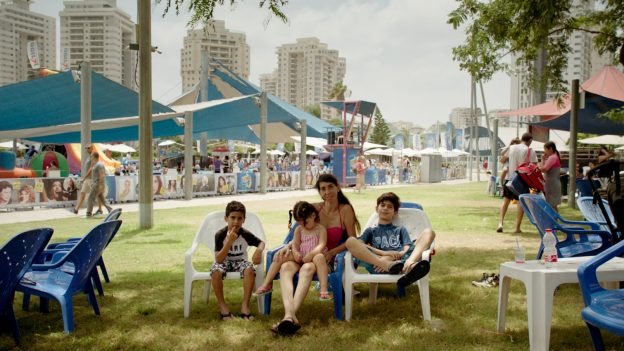
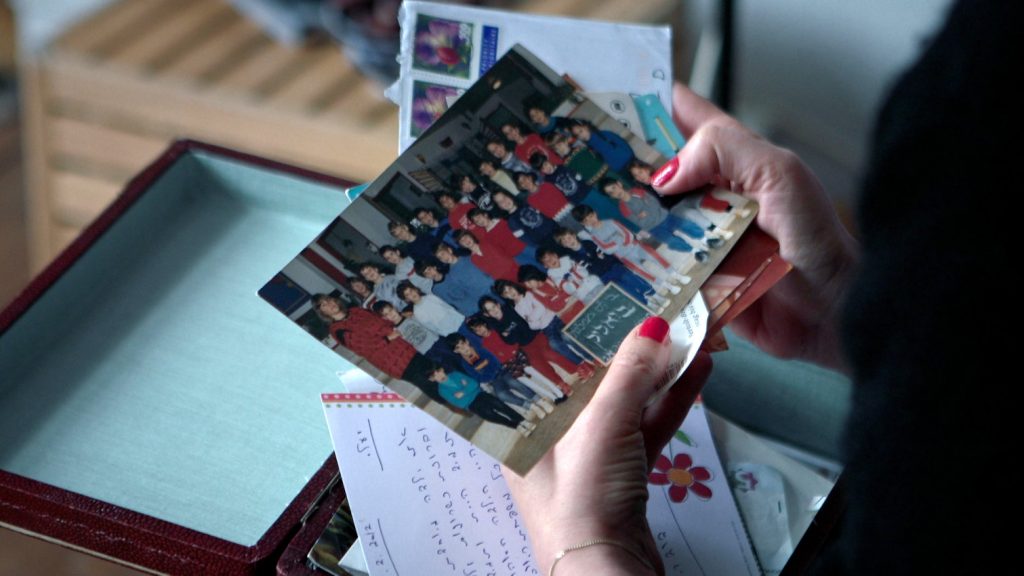
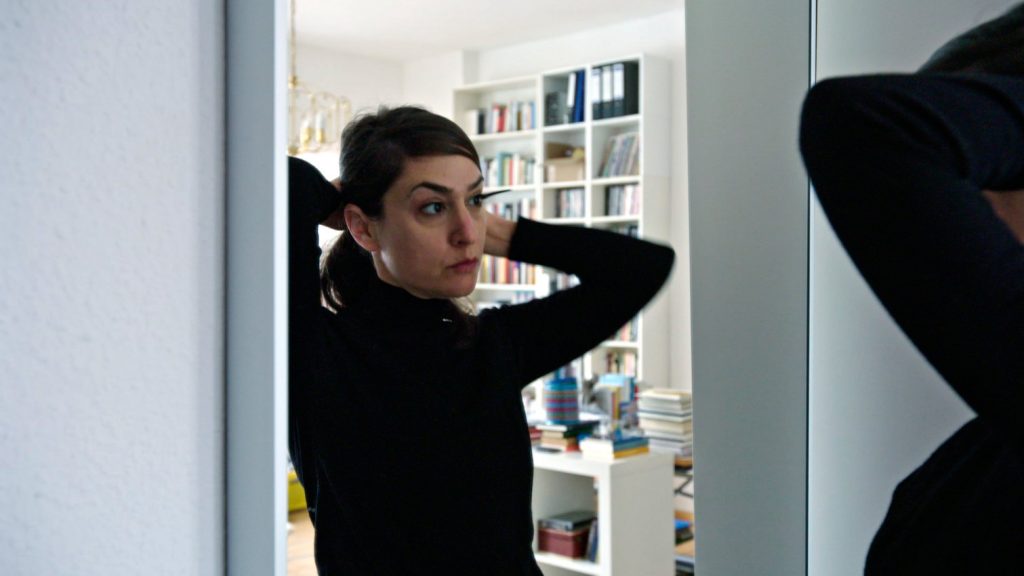

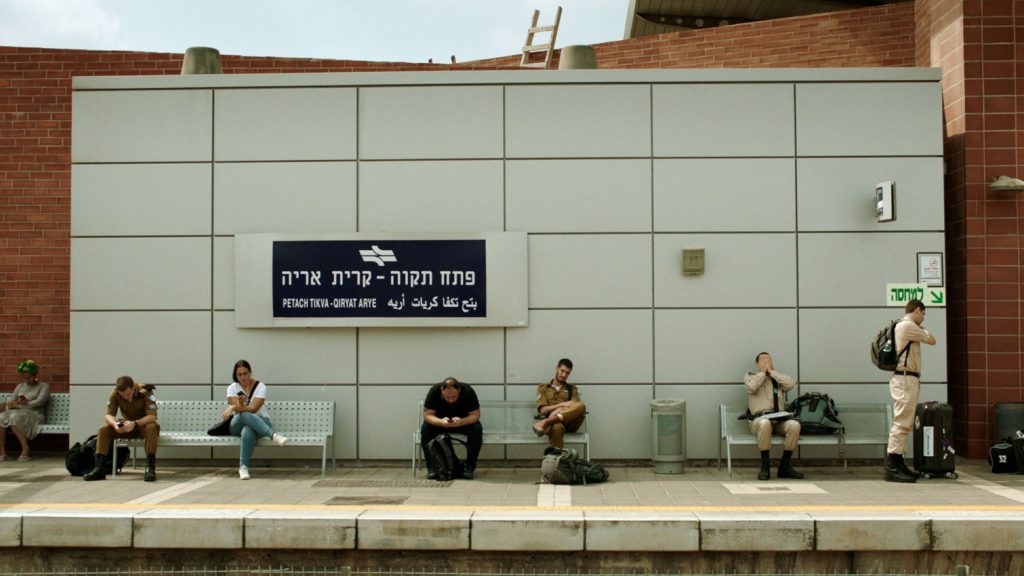
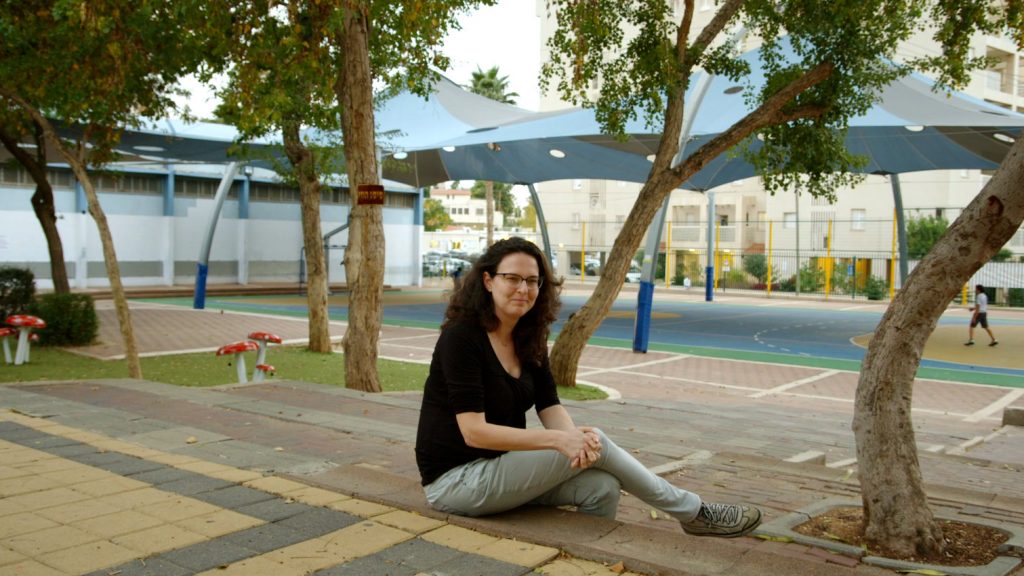
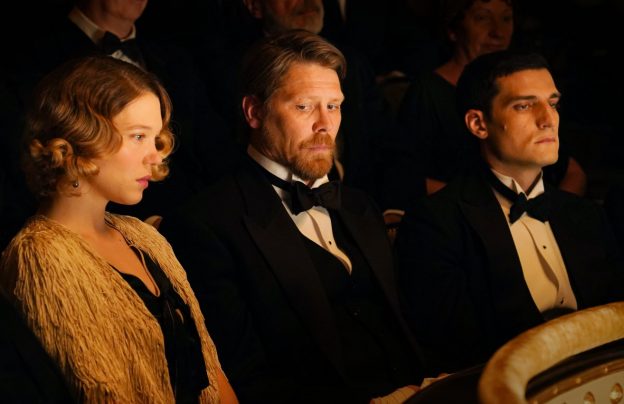
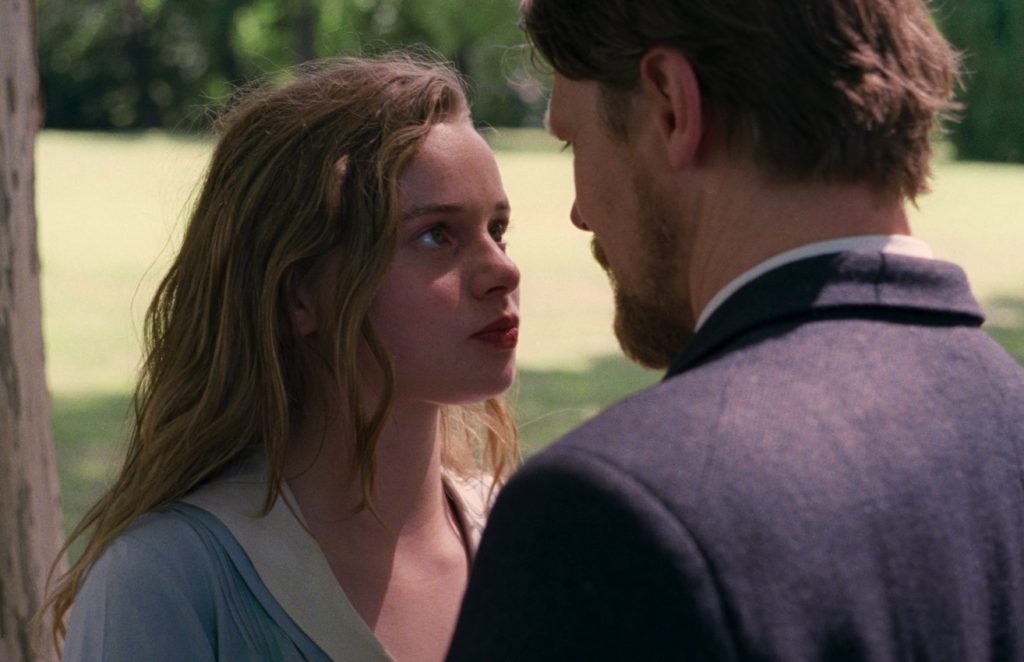
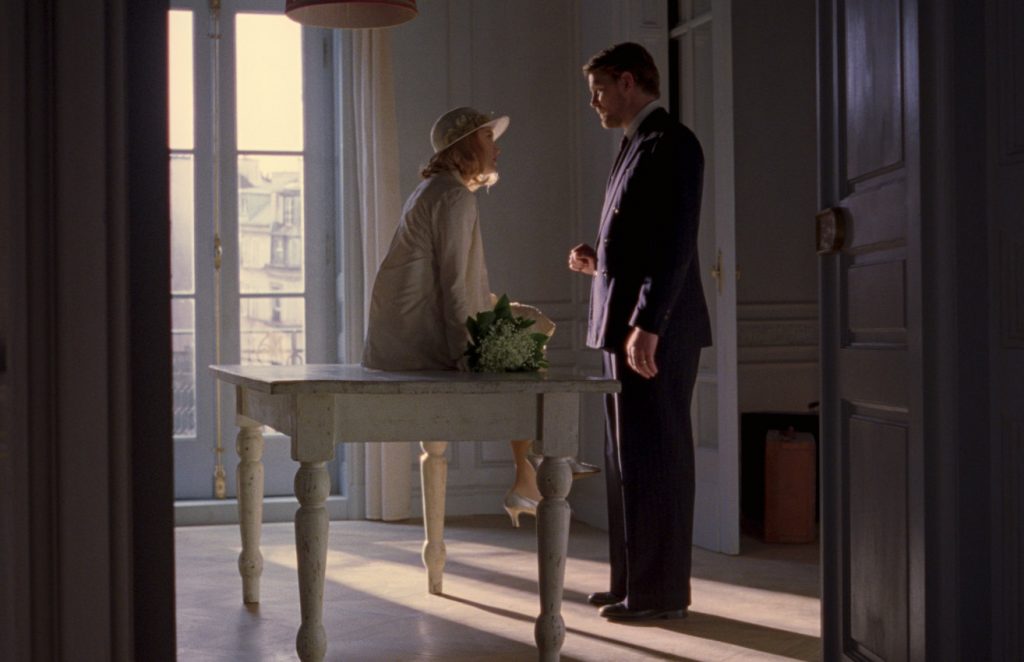
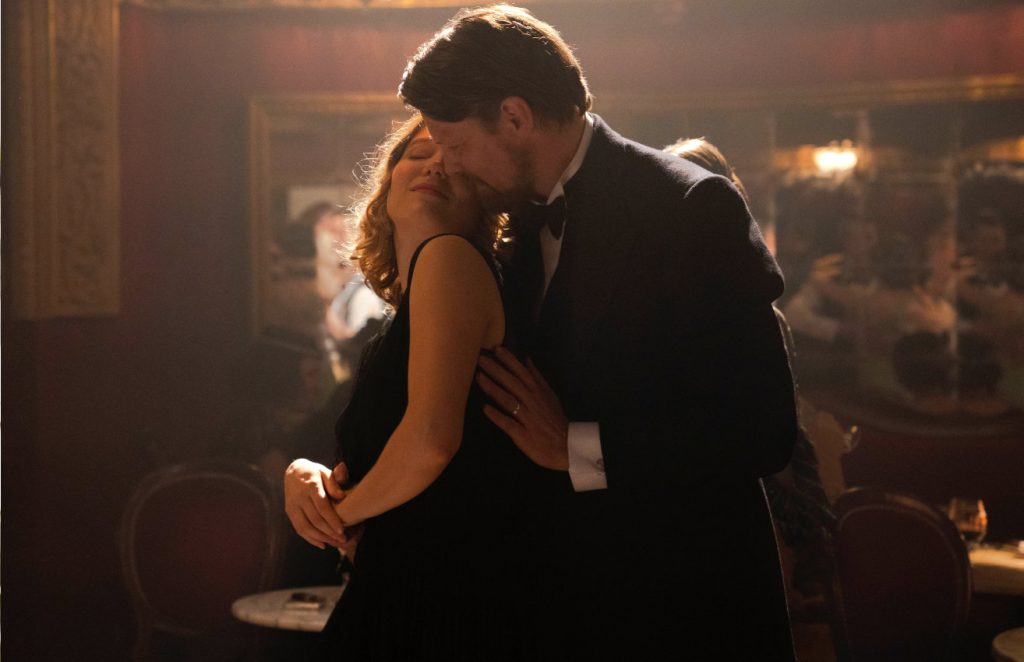
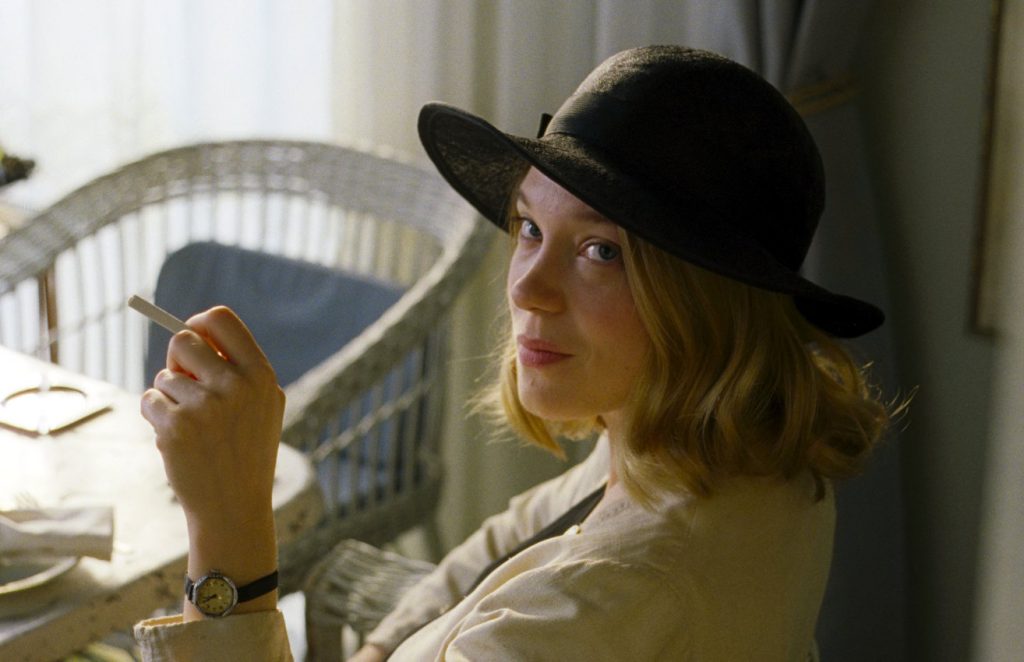
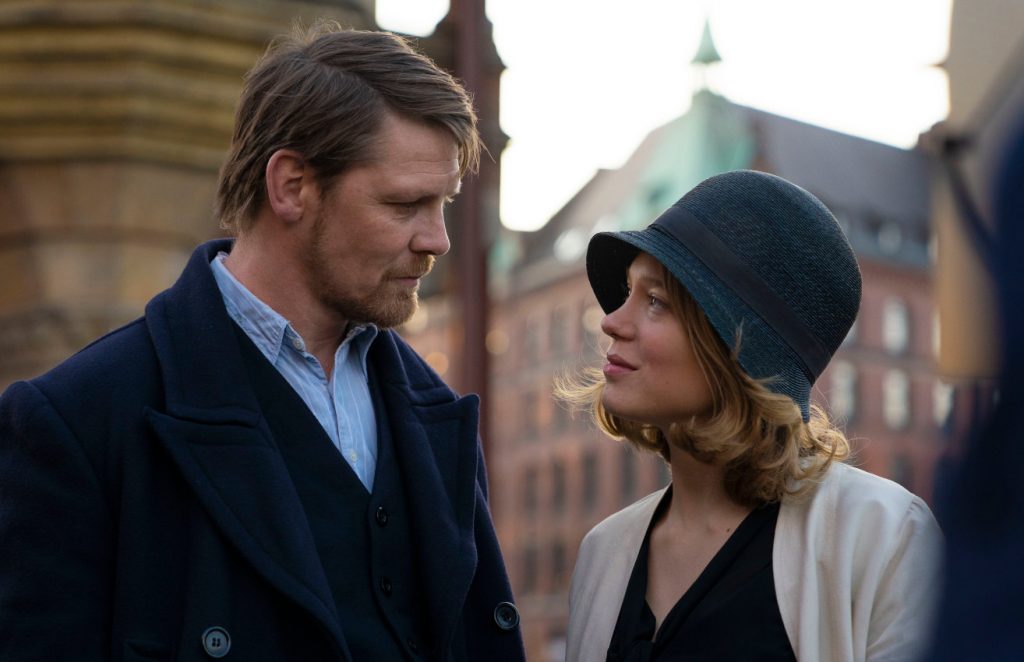
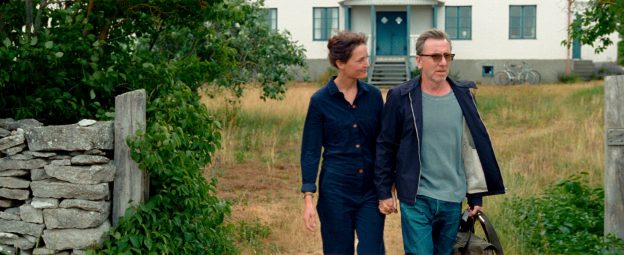
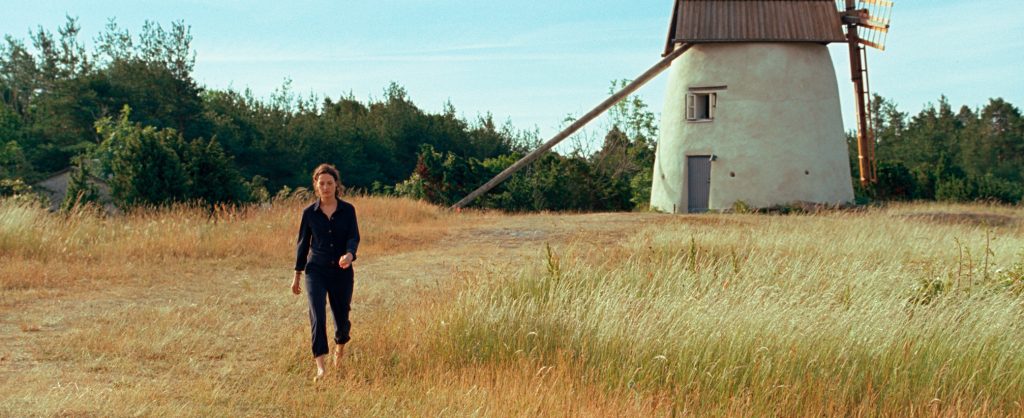
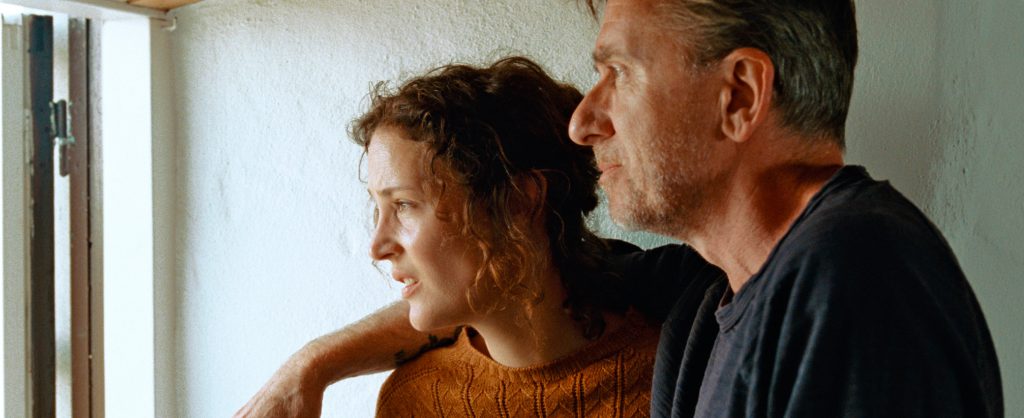
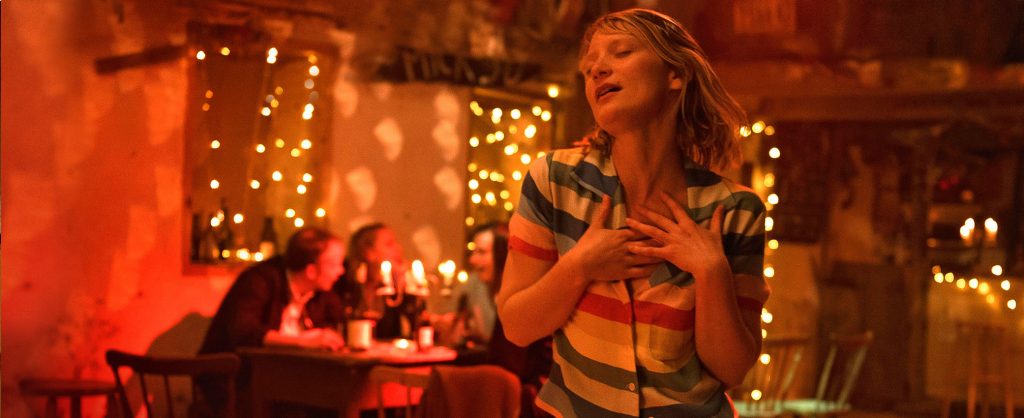
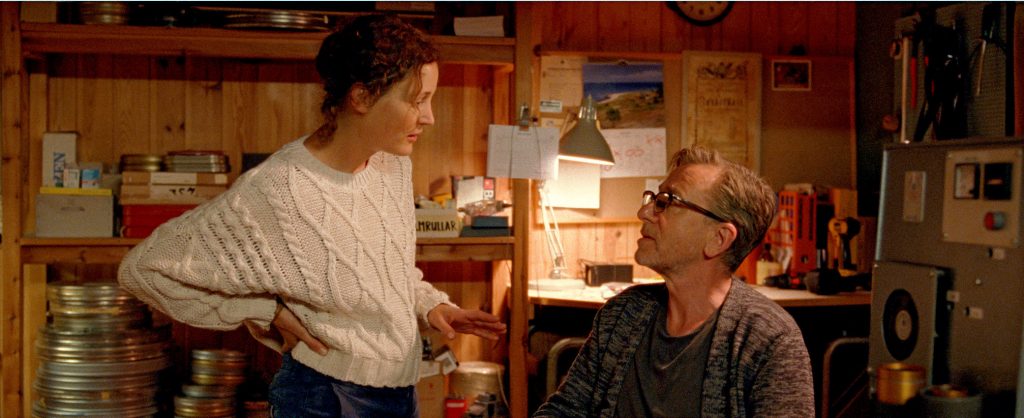
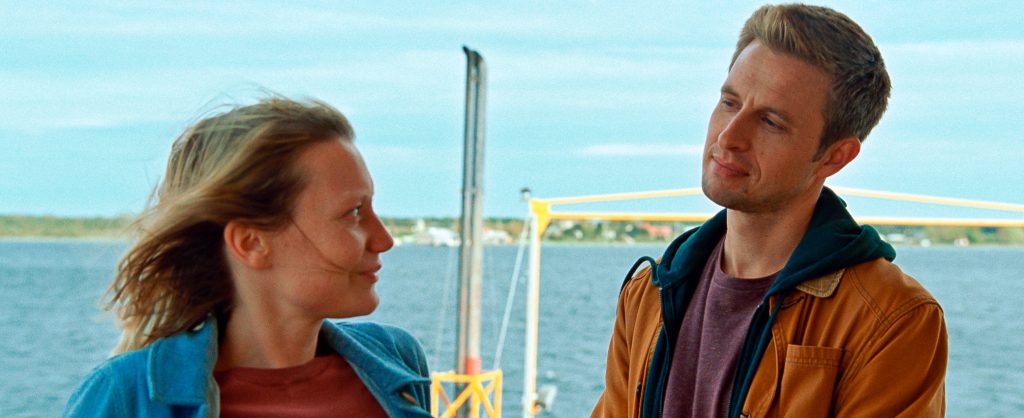
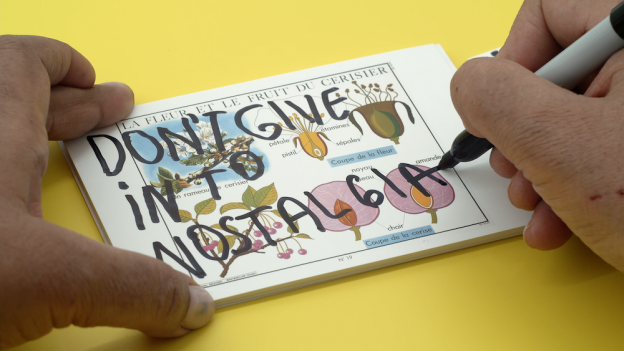
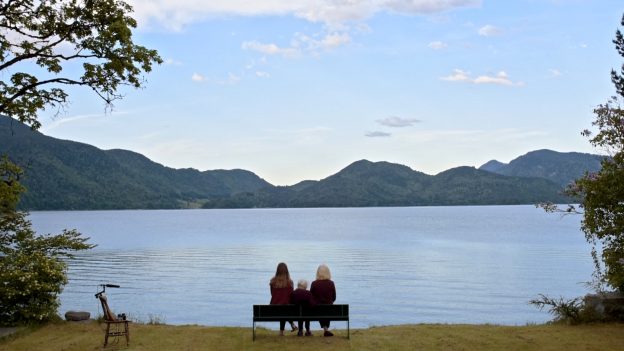
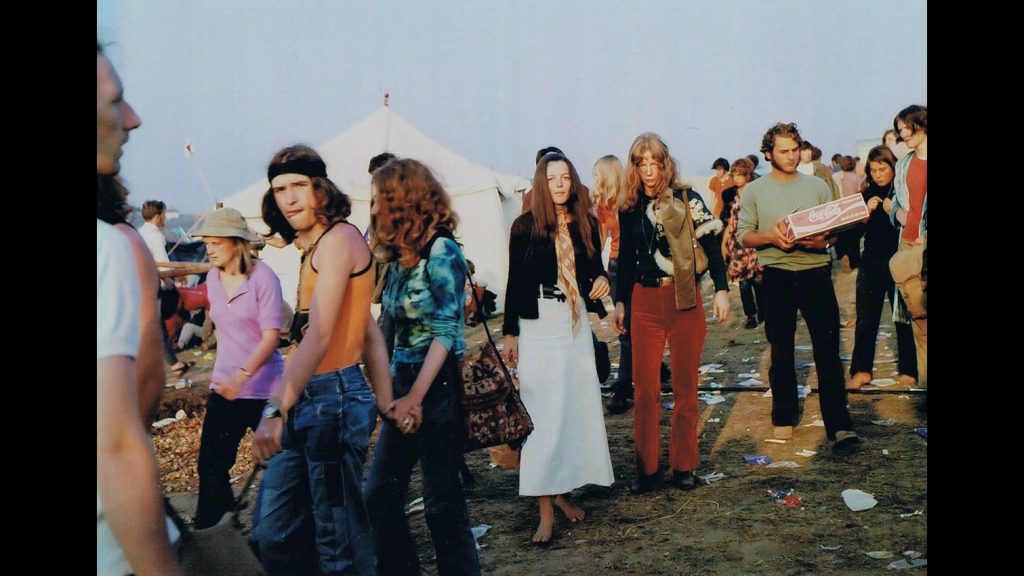
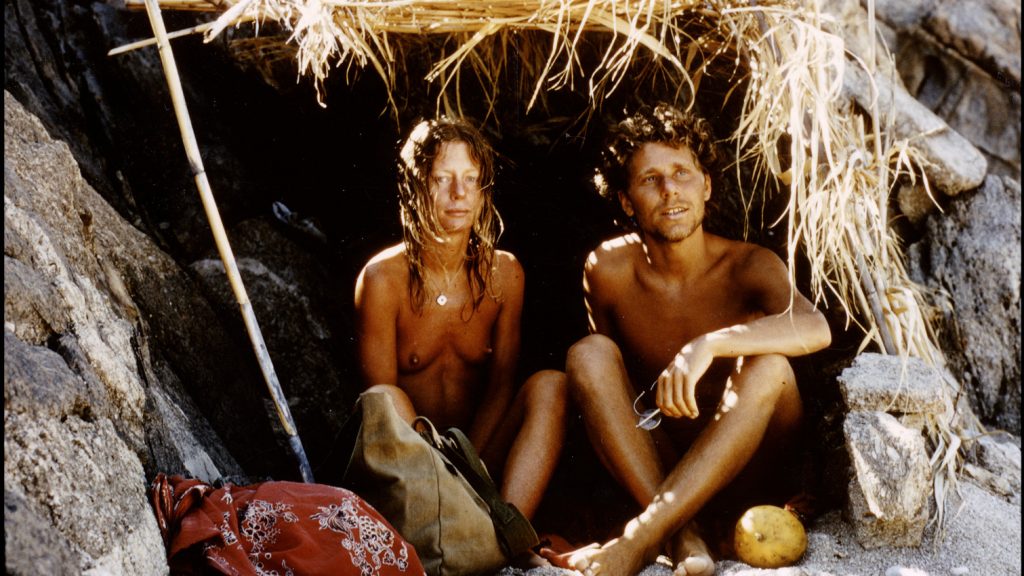
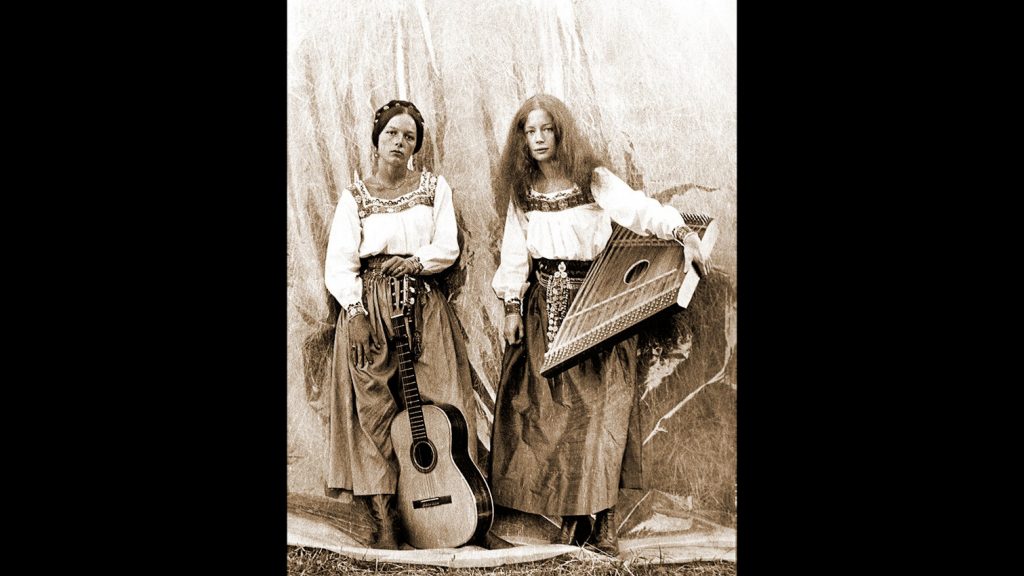
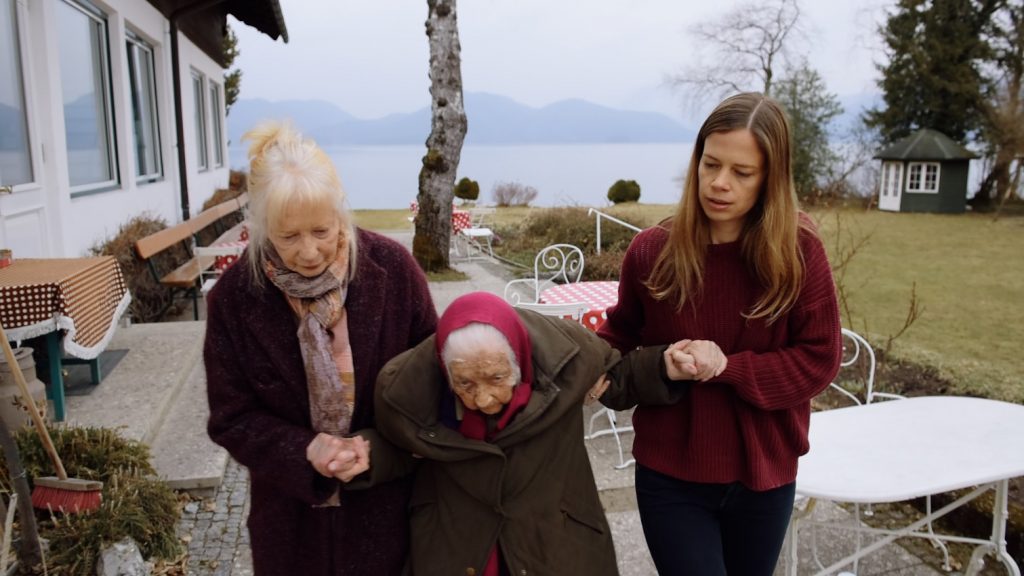
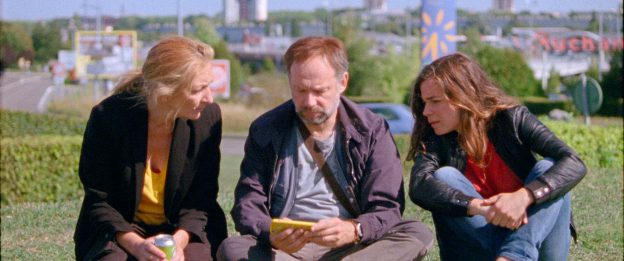
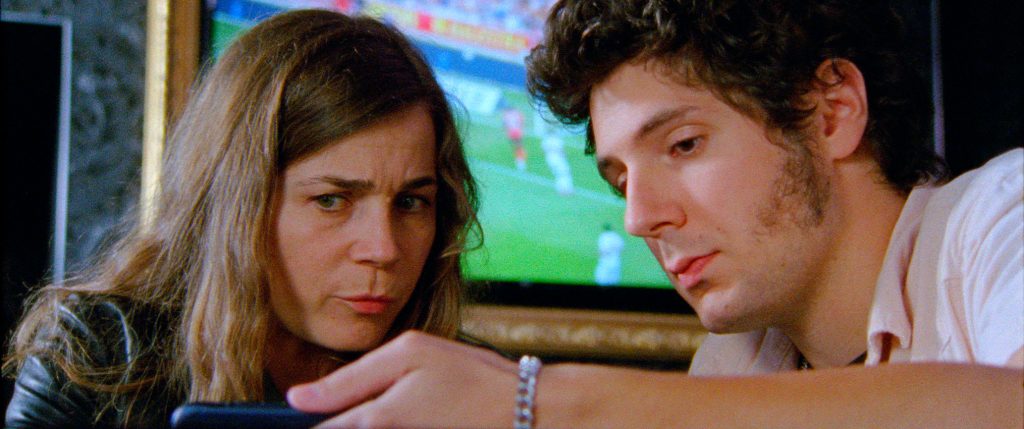
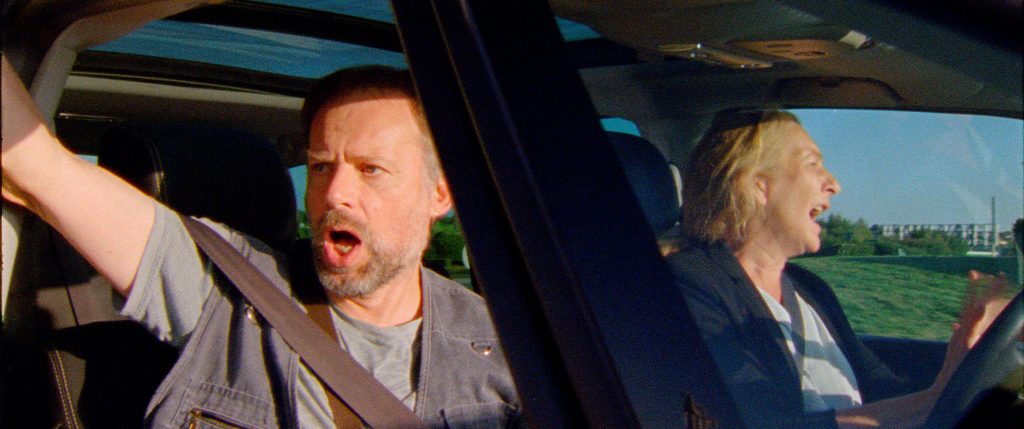
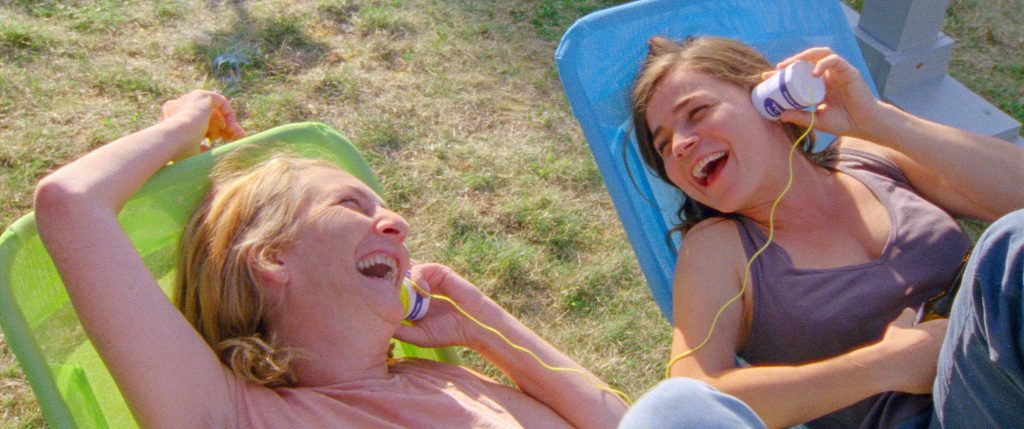

 Deutsch
Deutsch